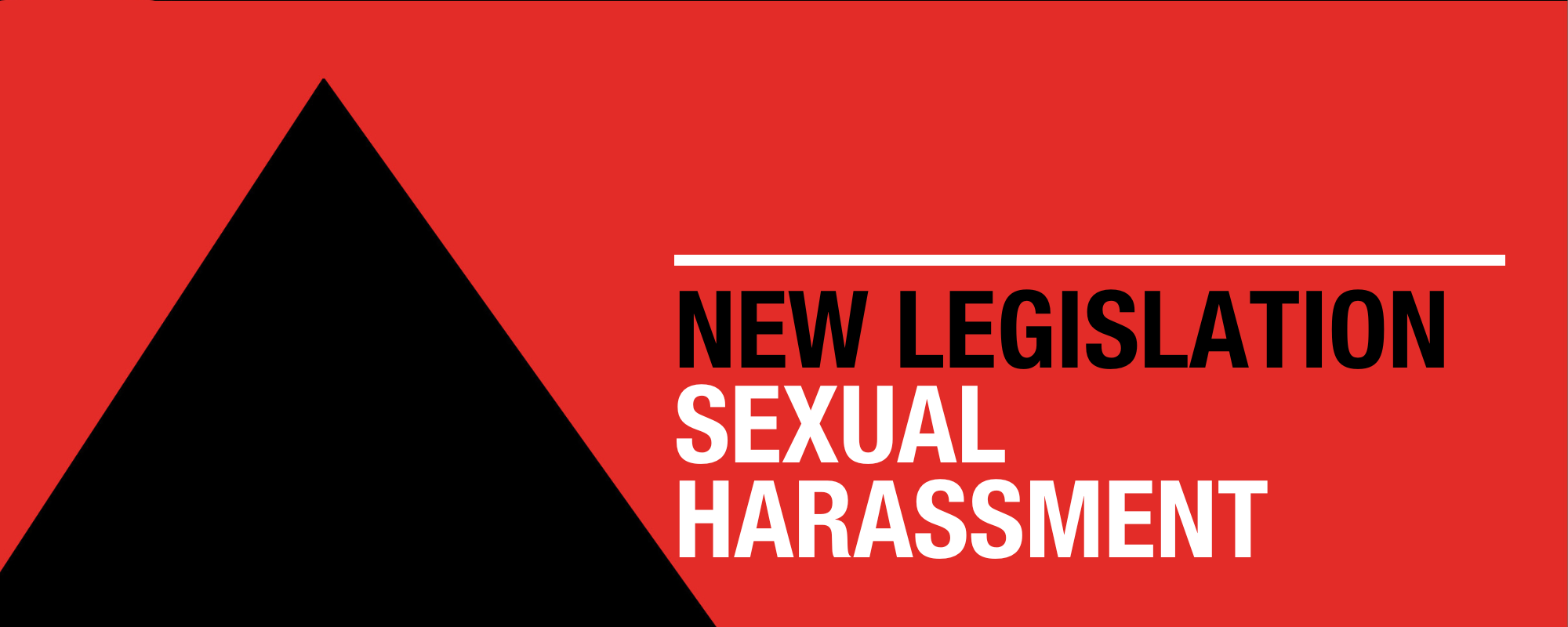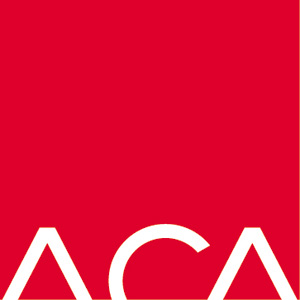New Workplace Laws – Sexual Harassment

New federal legislation has strengthened workplace laws around sexual harassment. From 6 March, the prohibition of sexual harassment in the workplace is enshrined in the Fair Work Act, and there is now a positive duty on employers to prevent workplace sexual harassment, sex discrimination and victimisation. Here we highlight some relevant ACA resources.
The Fair Work Legislation Amendment (Secure Jobs, Better Pay) Act 2022 and the Anti-Discrimination and Human Rights Legislation Amendment (Respect at Work) Act 2022 were both passed in December 2022. These Acts have wide-ranging impacts on employer obligations regarding sexual and sex-based harassment.
The amendment to the Fair Work Act protects workers (which includes contractors, subcontractors, trainees, work experience students and volunteers), prospective workers and persons conducting or undertaking a business from sexual harassment.
Respect at Work
The key reform in the Respect at Work Act is the introduction of a positive duty in the Sex Discrimination Act 1984 that requires employers to take reasonable and proportionate measures to eliminate certain forms of unlawful sex discrimination, including sexual harassment, as far as possible.
The positive duty was a key recommendation of the Australian Human Rights Commission’s Respect@Work Report, led by Sex Discrimination Commissioner Kate Jenkins and published in 2020.
The Respect at Work website outlines the key change: “This important change requires employers and PCBUs [persons conducting a business or undertaking] to shift their focus to actively preventing workplace sexual harassment, sex discrimination and victimisation, rather than responding to harassment and discrimination only after it occurs. The new positive duty imposes a legal obligation on employers and PCBUs to take proactive and meaningful action to prevent workplace sexual harassment, sex discrimination and victimisation from occurring in the workplace or in connection to work.”
Workplace prevention and response
The Respect@Work Report recommends the adoption of a new workplace prevention and response model structured around seven inter-related domains:
- Leadership
- Risk assessment and transparency
- Culture
- Knowledge
- Support
- Reporting
- Measuring
Tools and resources aligned to each of these domains can be found on the Respect@Work website.
Expanded powers
The Australian Human Rights Commission has new regulatory powers to investigate and enforce compliance with the positive duty. The Commission’s compliance powers will start in December 2023 to give employers time to make changes to ensure they comply with their new legal obligations.
The Fair Work Commission now has expanded powers to deal with disputes about sexual harassment, including to arbitrate disputes by consent. Someone who experiences sexual harassment in connection with work will be able to pursue civil proceedings if the Commission can’t resolve their dispute.
Workers have the choice to pursue their dispute through the Fair Work Commission, the Australian Human Rights Commission or applicable state and territory anti-discrimination processes.
Useful resources
- Respect@Work website
- Prohibiting sexual harassment in the Fair Work Act – Conditions and protections
- Sexual Harassment in the workplace – Fair Work Ombudsman advice
- Online Learning Module by Fair Work Commission Twenty-minute online module covering Sexual harassment at work.
Useful ACA resources
Understanding Bullying & Harassment – Stepping Up series
The first steps in ensuring our workplaces are safe places is to understand what bullying and harassment looks like, to recognise the cultures that enable it, and to understand the costs to individuals and practices.
How to Prevent and Respond to Sexual Harassment in the Workplace – Stepping up Series
The Champions of Change Coalition has undertaken extensive work in this area and argues that visible leadership is required to drive disruptive change – incremental improvements are not enough. The Disrupting the System report provides the framework for this change. An overview of the principles and resources is offered here to support action in architecture and built environment practices.
Stepping Up on Harassment – On Demand video
The Stepping Up on Harassment session focuses on sexual harassment, bullying and family and domestic violence. These are challenging topics, but ones we must engage with in meaningful, sensitive and robust ways. Watch this considered discussion with Adam Haddow of SJB, Tara Keast of DesignInc and Gosha Haley of Grimshaw.
Stopping Harassment in its tracks – Merilyn Speiser
How does your practice address sexual harassment at work? Merilyn Speiser from Catalina Consultants offers a 10-step plan to keep your business harassment-free.
